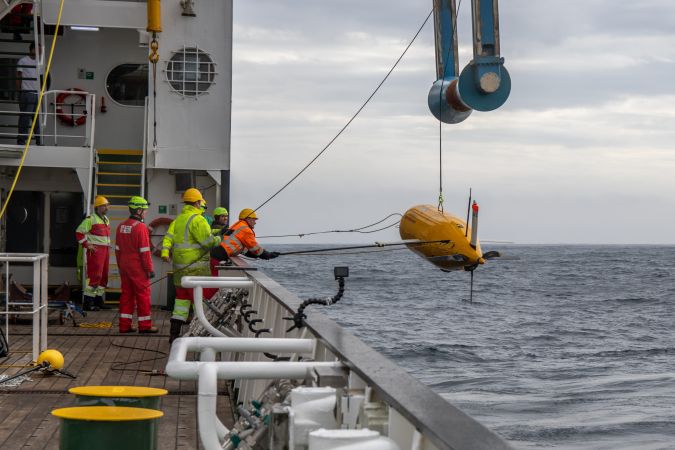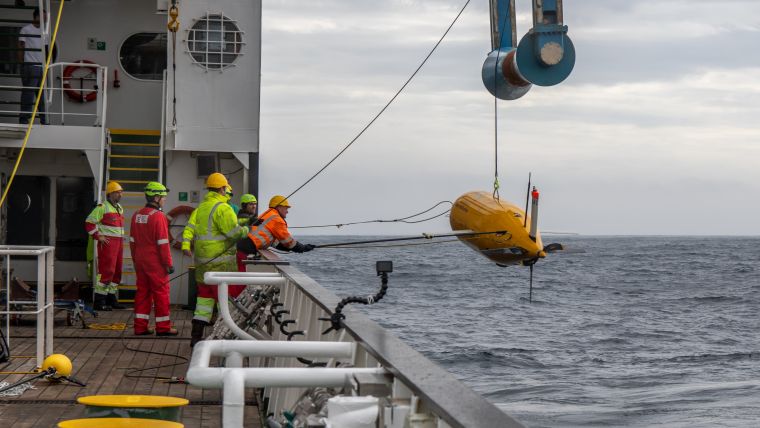Projects investigating the ocean’s carbon storage role
Marine organisms play a critical role in capturing and storing carbon in the ocean, a factor often overlooked in climate models, which presents a challenge for predicting future ocean carbon storage. The Natural Environment Research Council (NERC) BIO Carbon programme has earmarked funding for three groundbreaking projects delving into the vital role of marine life in ocean carbon storage. These projects, in collaboration with a consortium of international partners, encompass a diverse range of UK universities and research institutes.
The PARTIcle Transformation and Respiration Influence on ocean Carbon Storage (PARTITRICS) project is led by Professor Stephanie Henson at the National Oceanography Centre (NOC). This £2.3 million venture employs shipboard observations and autonomous underwater vehicles (AUVs) to investigate the transformation of organic matter through interactions with particles and organisms. It considers variables such as depth, location and seasonal variations. The CoccolitHophore controls on ocean ALKalinitY (CHALKY) project focuses on quantifying how diversity and ecology influence carbon absorption in the oceans, with particular attention paid to the impact of marine viruses and grazing by zooplankton. Finally, the Integrating Drivers of Atlantic Productivity (IDAPro) project employs a combination of ship-based, robotic and satellite platforms to enhance our understanding of phytoplankton productivity, the foundational single-cell organisms in the ocean responsible for substantial carbon storage.
Boaty McBoatface
The projects will collaborate on a concurrent mission funded by the Future Marine Research Infrastructure (FMRI) programme, aimed at advancing ocean exploration through state-of-the-art UK research infrastructure. In sync with the upcoming spring research ship expedition, NOC’s renowned Boaty McBoatface AUV will undertake a journey from Iceland to the UK, meeting the research ship en route.
Equipped with an array of sensors, Boaty will extend its data collection capabilities over a broader area compared to the ship alone. This effort will be supported by various smaller robotic samplers, including gliders and Bio-ARGO floats, deployed during the expedition. The BIO Carbon programme will make full use of the world-class research facilities provided by NOC, including the RRS James Cook and RRS Discovery.
Adrian Martin, leading the BIO Carbon programme, emphasized the critical need to comprehend ocean carbon storage as nations strive for carbon neutrality, with these projects providing crucial insights into the role of marine life. The data generated will inform future ocean modelling within the BIO Carbon programme.
The £10.3 million BIO Carbon research programme is meticulously designed to enhance the understanding of biological processes and make robust predictions about future ocean carbon storage in a changing climate. In addition to supporting six ongoing projects, it is expanding with these three new initiatives, which focus on collecting observations in the North Atlantic in 2024.















